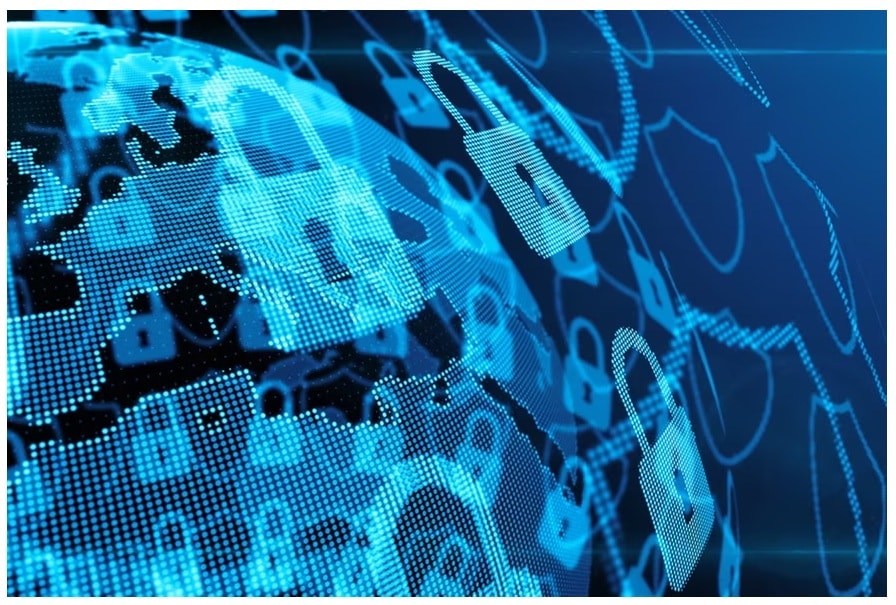Internet censorship by governments is on the global rise, with a number of countries implementing policies to restrict access to online information and monitor their citizens’ activities. From blocking social media platforms to completely jamming outside websites, censorship takes many forms around the world.
For internet users in these restrictive environments, digital privacy tools like VPNs may provide a means to bypass filters and access blocked content. However, governments are also taking action against anti-censorship tools, like the recent crackdown on all top VPNs for India. As such, peeking into the free net from these countries is getting harder every year.
But before we delve into the most censored countries, let’s see what shapes and forms internet censorship takes.
What is Internet Censorship?
Internet censorship refers to various techniques governments use to limit or control online information their citizens can access. Common censorship methods and examples include:
- IP blocking – Blocking access to IP addresses and websites, often using blacklists of prohibited sites and content. China’s Great Firewall regularly blocks thousands of domain names and IP addresses.
- Keyword filtering – Blocking search terms, sensitive keywords, and URLs that may be related to dissent or anti-government discussion. This makes certain topics completely invisible to search engines.
- Shutting down networks – Halting internet connectivity and access entirely, especially during social unrest, protests, or elections. Shutting down the internet has become a tool for suppressing friction, such as the recent internet shutdown in Pakistan.
- Surveillance – Monitoring online activities, communications, and behavior of citizens, aided by advanced technologies. China’s social credit system tracks individuals’ internet use and affiliation.
Generally, governments engage in censorship to suppress dissent, limit access to sensitive information, control narratives, or media coverage. The level and sophistication of online censorship varies significantly across different countries or regimes.
Top 5 Most Censored Countries
Although there are a bunch of countries holding their internet under an iron fist, we gathered the Top 5 countries with the most stringent internet censorship. From China’s sophisticated Great Firewall to Iran’s pervasive filtering, let’s take a deeper look at the methods and results of online restrictions in these regions.
1. China
China has one of the most sophisticated, multilayered, and restrictive internet censorship systems globally. Tools like the Great Firewall regularly block access to thousands of websites and services in China. The list includes all the biggest names, like Google, Facebook, Western news outlets, and platforms critical of the Chinese Communist Party. Chinese censors meticulously filter out sensitive keywords and closely monitor any online activities of citizens using advanced surveillance technologies. Even stringent laws further limit free speech.
2. Iran
Iran censors millions of websites through pervasive filtering of online content. Social media sites like Facebook, Twitter, and YouTube are completely blocked in Iran, along with political opposition sites and Western media sources. Telegram, an encrypted messaging app used by half of Iranians, was also banned. The authoritarian Iranian government also closely tracks internet usage and cracks down on anti-regime online activism using dedicated cyber police forces.
3. Russia
Under its sovereign internet law, Russia can isolate its internet from the rest of the world at will. Russian authorities force internet providers to block blacklisted sites and content illegal under broad anti-extremism laws. Political opposition websites and VPN services have been banned in Russia as well. Critics fear Russia is following China’s model of automated censorship and control.
4. North Korea
North Korea’s internet is extremely restricted and limited to elites and foreign visitors. Only a tiny fraction of North Korea’s population has internet access. Online activities are closely supervised, and the totalitarian government imposes harsh penalties for accessing unauthorized content. Only a small number of state-approved websites are accessible to most citizens inside the country’s borders.
5. India
While India has generally had very open internet policies historically, its current Hindu nationalist government has taken worrying steps towards more online censorship. Hundreds of websites have recently been blocked in India, including those related to anti-government protests and Kashmir issues. This even escalated to the government accusing Twitter of being a “habitual non-compliant platform.” India also leads the world in government requests for user data from online platforms and other privacy services, like VPNs.
Bypassing online censorship
To bypass restrictive internet locks, citizens in many countries are turning to various solutions, such as:
- VPNs – Routing connections through servers in other countries grant access to blocked content. VPNs encrypt traffic to evade state monitoring too. However, some repressive regimes try to restrict their overall use.
- Proxy services – Using intermediary servers to disguise traffic and access blocked platforms from abroad while concealing identity. While faster than VPNs, proxies don’t encrypt the traffic and can be tracked.
- Peer-to-peer and decentralized platforms – Censorship-resistant networks like blockchain, IPFS, and mesh networking are possible options. They have no central authority, which makes them hard to track and shut down.
Though censorship persists, internet users around the world continue to find innovative technological and practical ways to access information and make their voices heard. With evolving strategies, the fight against online repression remains ongoing.
